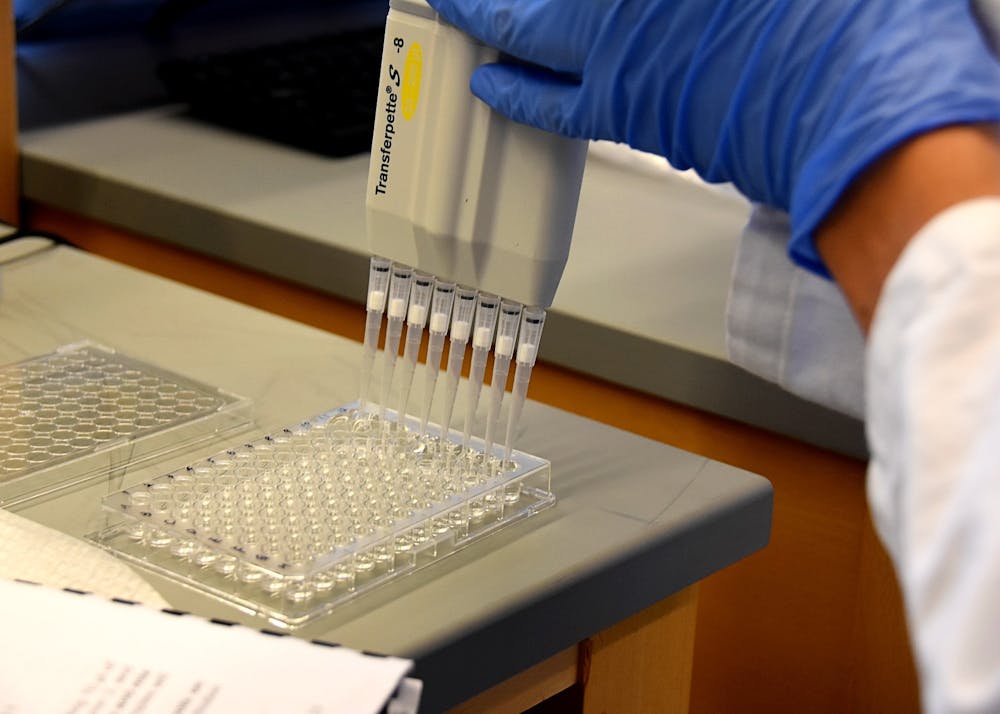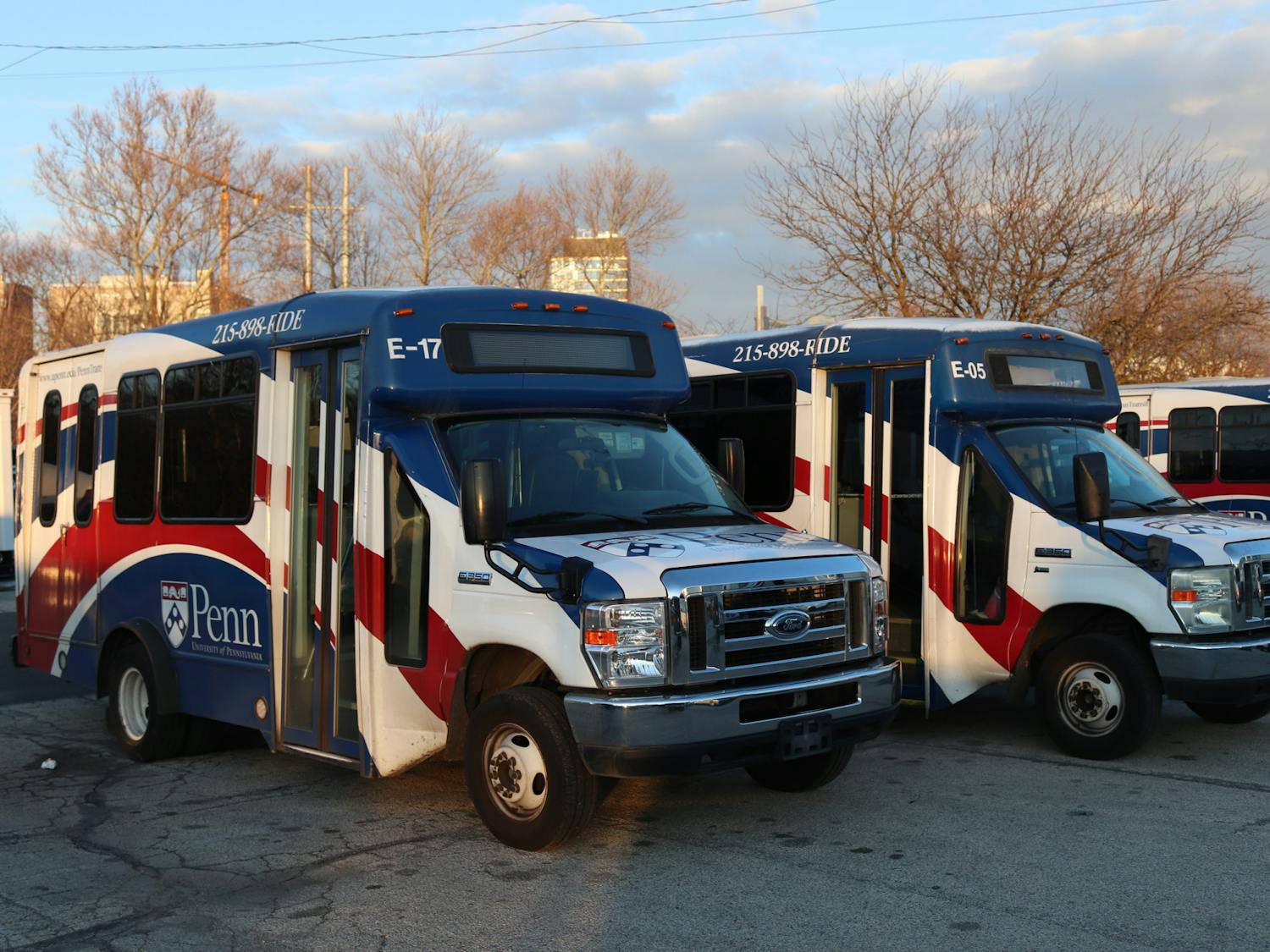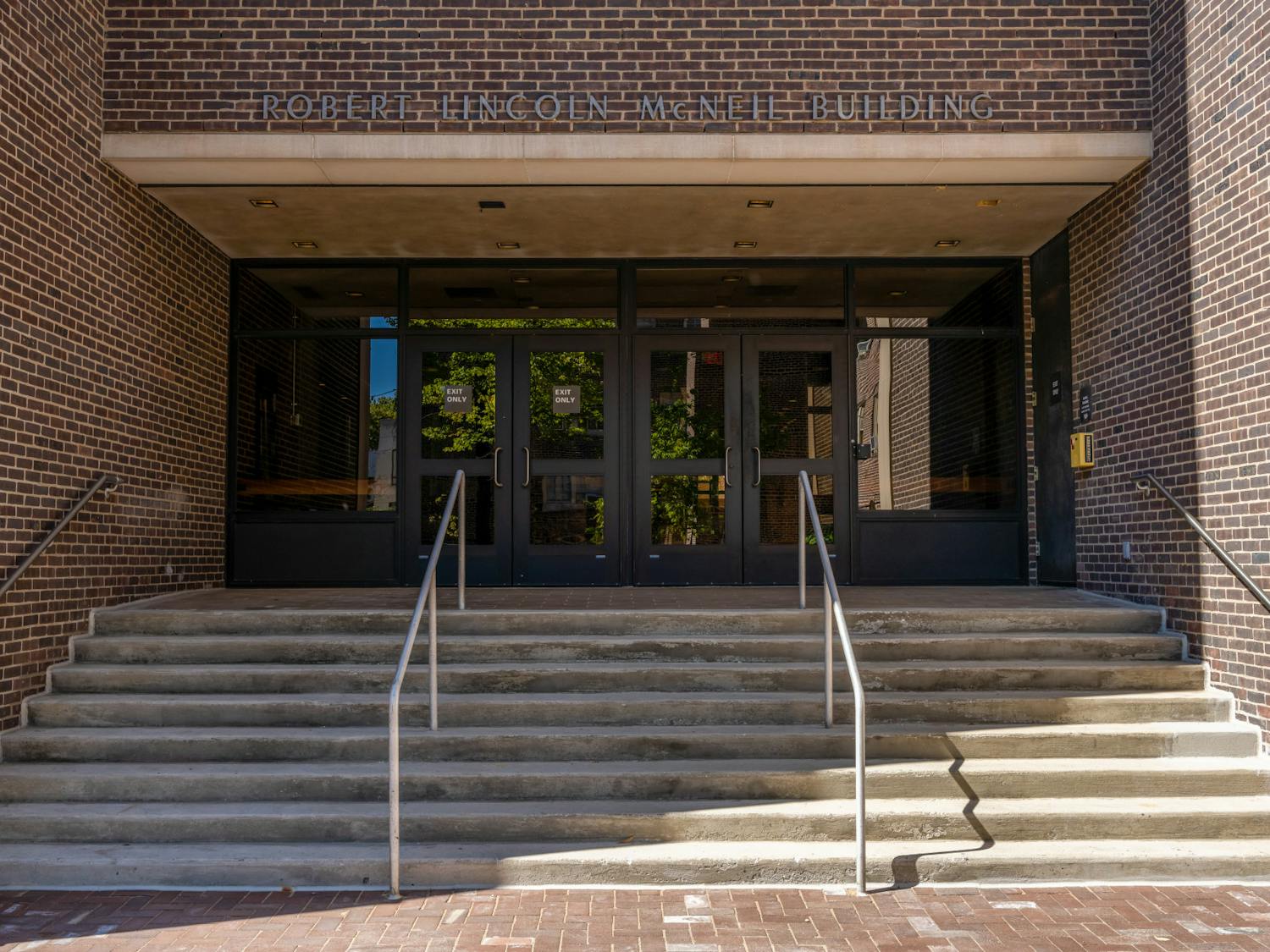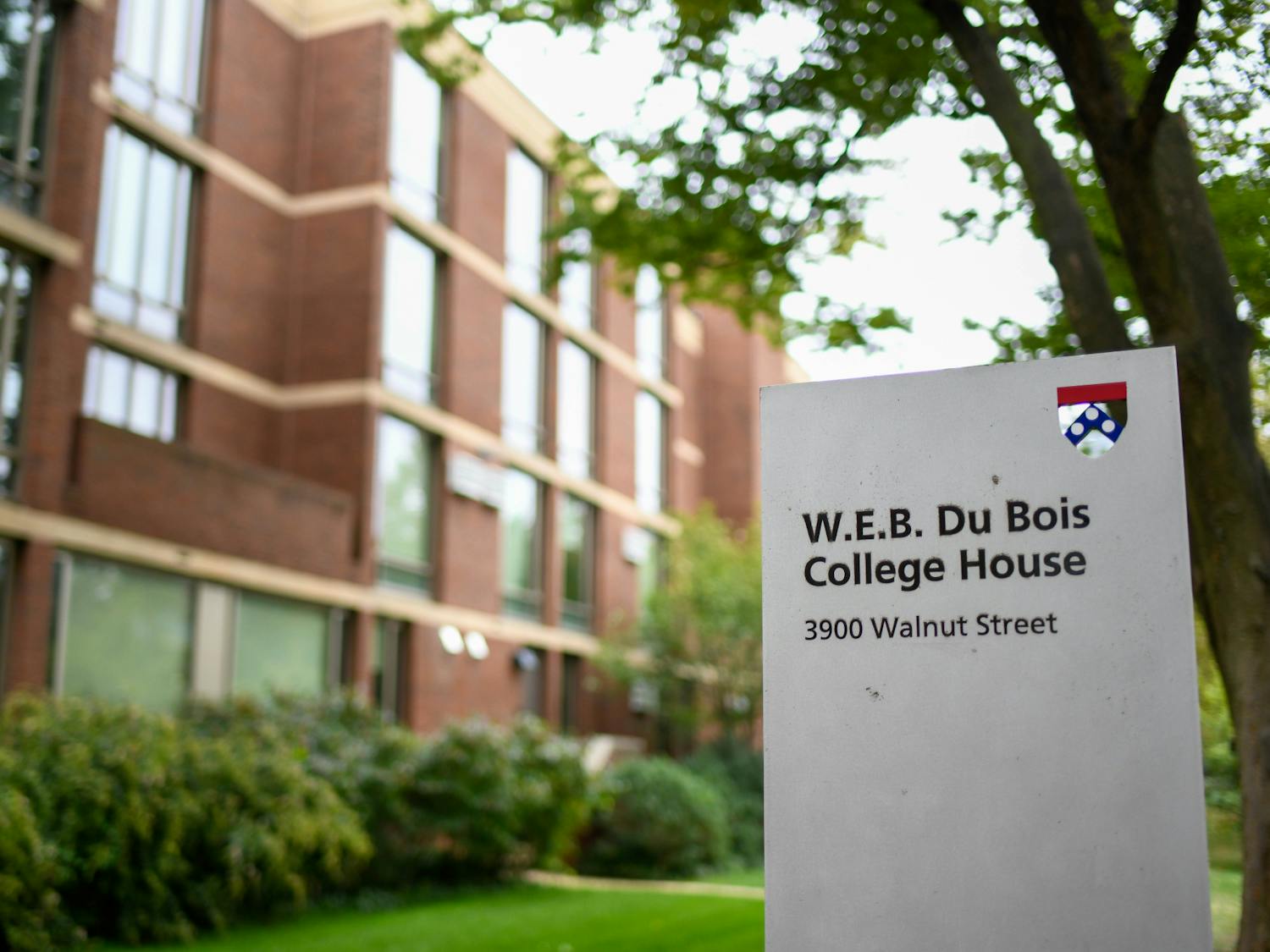Penn Engineering researchers have developed a new, efficient method to sneak antibodies into cells using cellular transporters called transfection agents, Penn Engineering News reported.
The study was conducted by bioengineering professor Andrew Tsourkas and Hejia Henry Wang, a 2013 College graduate and MD-PhD student in Tsourkas’ lab. It was published last month in the Proceedings of the National Academy of Sciences.
The new technology allows the transfection agents, which are positively charged transporters, to accept antibodies that they could not before. Since antibodies do not have a highly negative charge, Tsourkas and Wang discovered that attaching a negatively charged protein to the antibody would cause transfection agents to accept it.
Antibodies can be used to bind to and inhibit a variety of proteins, making them a useful research mechanism, the researchers noted in their study. The new technique is more efficient and reliable than previous methods such as manually injecting antibodies with a microscopic needle, which is impossible to do at large scales, or forming holes in cell membrane with high-voltage electricity, which runs the risk of killing cells.
Since developing the technology, the researchers have tested it using functional experiments, which have shown its potential to be used therapeutically. The technique can be used to inhibit the function of proteins with unwanted effects, such as those that decrease the effectiveness of drugs.
The technique opens the researchers to many possibilities that were not available before, including being able to scale it to a large population of cells.
“We believe that our technique gives us access to a wide range of new therapeutic targets,” Tsourkas told Penn Engineering News.
Tsourkas and Wang were also recently awarded a grant that will fund experiments to test how antibodies can be inserted into target cells of mice.









